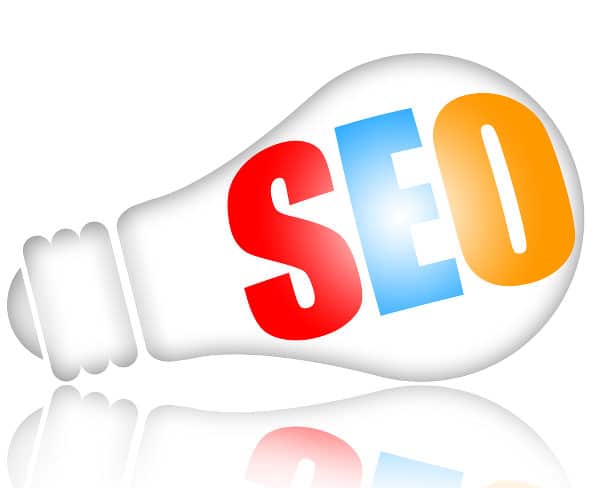
Enhanced Visibility and Searchability: SEO ensures that a company’s website ranks higher in search engine results pages (SERPs). This increased visibility helps attract more organic traffic from potential customers who are searching for relevant keywords or phrases related to the company’s products or services.
Targeted Traffic: With effective SEO practices, companies can attract highly targeted traffic. By optimizing for specific keywords, companies can reach users who are actively searching for solutions that their business provides, leading to higher-quality leads and better conversion rates.
Improved User Experience: SEO isn’t just about search engines; it also involves improving the overall user experience. A well-optimized website is easier to navigate, loads faster, and provides valuable content, all of which contribute to a better user experience and can reduce bounce rates.
Cost-Effective Marketing: Compared to paid advertising, SEO offers a more sustainable and cost-effective approach to attracting customers. Once a website is well-optimized, it can continue to draw traffic over time without ongoing costs, unlike pay-per-click (PPC) campaigns which require continuous investment.
Competitive Advantage: A well-optimized website can give a company a competitive edge. By ranking higher than competitors in search results, a company can capture a larger share of the market and establish itself as a leader in its industry.
Credibility and Trust: High search engine rankings often translate to increased credibility and trust. Users tend to trust websites that appear at the top of search results, perceiving them as more reputable and authoritative.
Local SEO Benefits: For businesses with a physical location or those targeting a local market, local SEO optimization can help attract nearby customers. This includes optimizing for local keywords, creating a Google My Business profile, and encouraging local reviews.
Content Marketing Integration: SEO works hand-in-hand with content marketing. By creating high-quality, relevant content optimized for specific keywords, companies can drive traffic to their website, engage users, and establish themselves as thought leaders in their industry.
Analytics and Insights: SEO tools provide valuable data and insights into website performance, user behaviour, and keyword effectiveness. This data helps companies make informed decisions, refine their strategies, and improve their overall online presence.
Long-Term Results: While SEO requires an initial investment of time and resources, it often yields long-term benefits. Once a website is well-optimized, it can maintain high search rankings and continue to attract traffic without the need for ongoing advertising expenditures.
In summary, a website with effective SEO optimization not only increases a company’s visibility and attracts targeted traffic but also enhances user experience, provides valuable data, and offers long-term benefits, making it a crucial asset for any business.